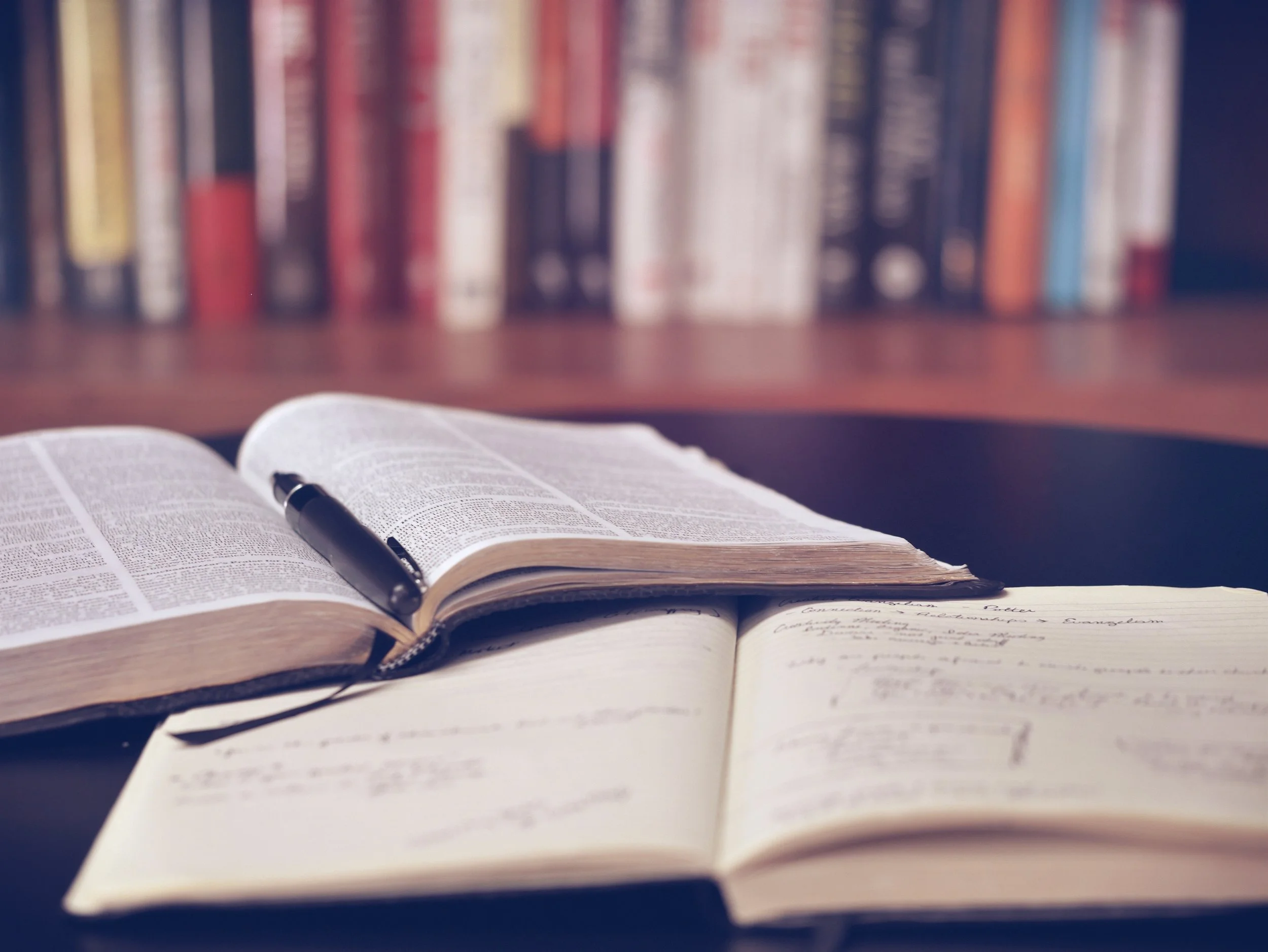I was pretty excited to hear about the ruling in the Georgia State University e-Reserves copyright case over the weekend, A) because we'd read about it in class, and it's nice to see that class discussion has real-world importance, and B) because it might actually directly affect my job (I'm in charge of e-Reserves at my university).
Basically, GSU put a ton of copyrighted material online, unprotected by passwords, for multiple terms, and publishers were pissed. The suit was filed in 2008.
Judge Orinda Evans ruled that only 5 of the 99 alleged infringements were indeed valid--the other 94 were considered fair use. Generally, fair use is determined by the following factors:
She also--and this part I found interesting--practically jettisoned the no-subsequent-semester rule, which GSU had supposedly been violating. Many schools (mine included) say that material can be made available for one term, but after that permission must be acquired. However, the Judge declared this policy unnecessary. I think this might have something to do with her finding that some of the alleged infringing material was never actually accessed. I'll have to consider what this means for my policy--though I don't believe any professor has ever asked for anything to be on e-reserve longer than one term.
Overall, I'm not really surprised by the ruling. Everything I've read (because, let's get real, I'm not going to read the actual 350-page document) places the decision squarely within everything I understand fair use to be--it's perhaps even a bit more lenient.
And I'm sure the publishers are still going to be pissed, but this is definitely a W for libraries. I am all for making educational material available to the masses, and honestly I'm pretty skeptical about the benefits of copyright anyway.
If you want to read more, I recommend THIS article in the Chronicle of Higher Education and THIS blog post from Kevin Smith at Duke.
Basically, GSU put a ton of copyrighted material online, unprotected by passwords, for multiple terms, and publishers were pissed. The suit was filed in 2008.
Judge Orinda Evans ruled that only 5 of the 99 alleged infringements were indeed valid--the other 94 were considered fair use. Generally, fair use is determined by the following factors:
- The purpose of the use (commercial/educational)
- The nature of the copyrighted work
- The amount of the material used (the greater the amount copied, the less likely it is fair use)
- The effect of use on the potential market for or value of the work
She also--and this part I found interesting--practically jettisoned the no-subsequent-semester rule, which GSU had supposedly been violating. Many schools (mine included) say that material can be made available for one term, but after that permission must be acquired. However, the Judge declared this policy unnecessary. I think this might have something to do with her finding that some of the alleged infringing material was never actually accessed. I'll have to consider what this means for my policy--though I don't believe any professor has ever asked for anything to be on e-reserve longer than one term.
Overall, I'm not really surprised by the ruling. Everything I've read (because, let's get real, I'm not going to read the actual 350-page document) places the decision squarely within everything I understand fair use to be--it's perhaps even a bit more lenient.
And I'm sure the publishers are still going to be pissed, but this is definitely a W for libraries. I am all for making educational material available to the masses, and honestly I'm pretty skeptical about the benefits of copyright anyway.
If you want to read more, I recommend THIS article in the Chronicle of Higher Education and THIS blog post from Kevin Smith at Duke.
